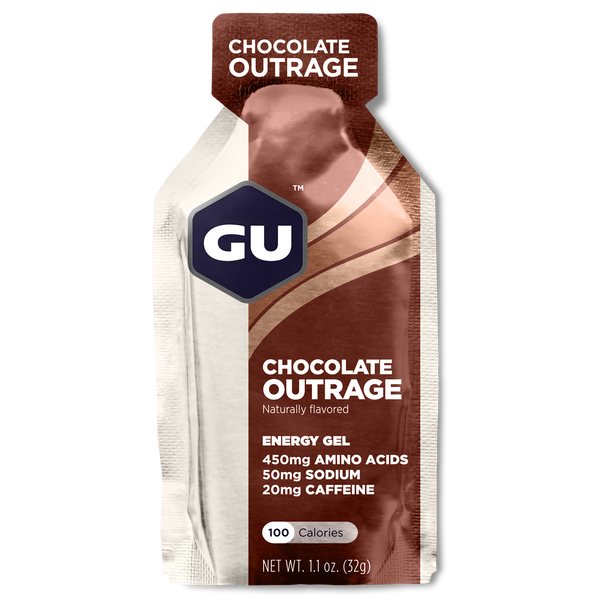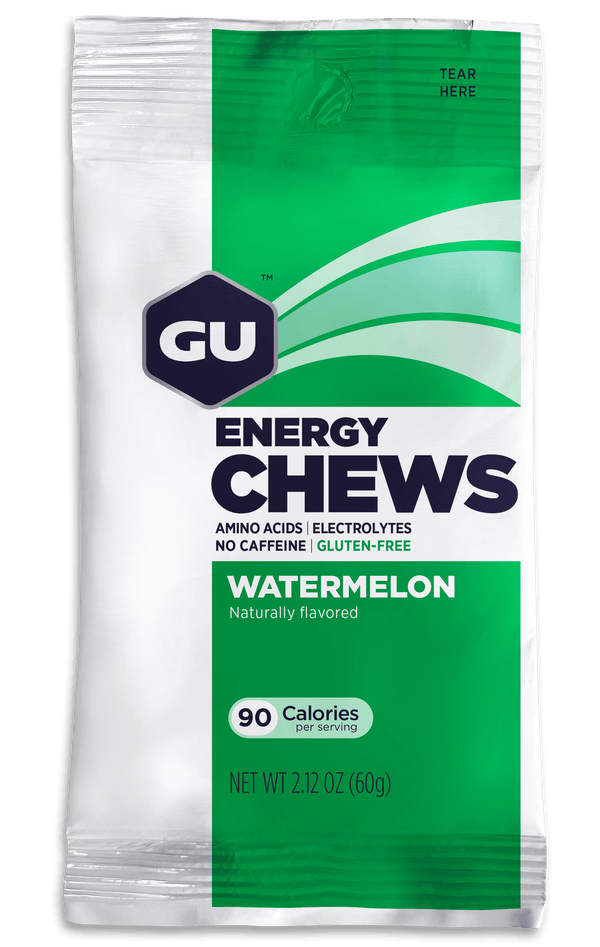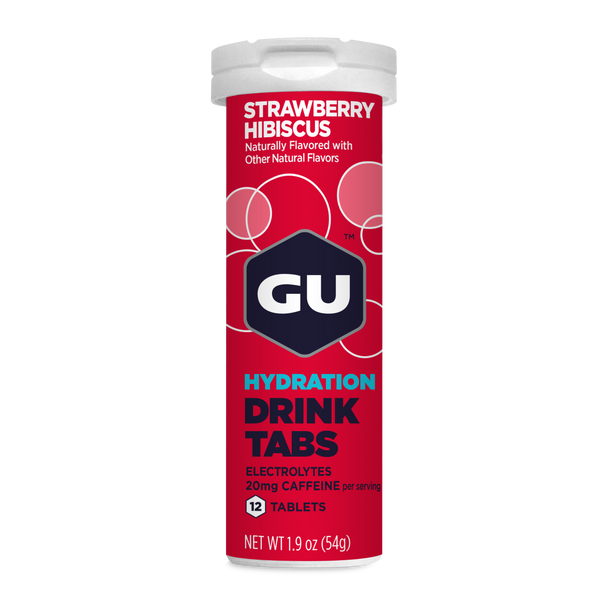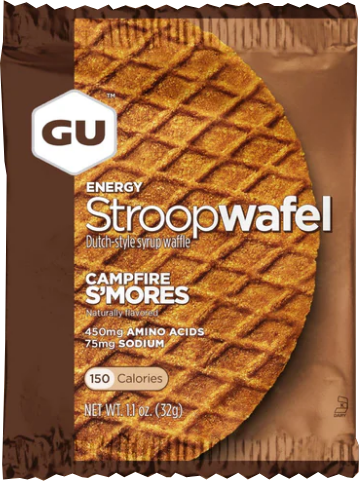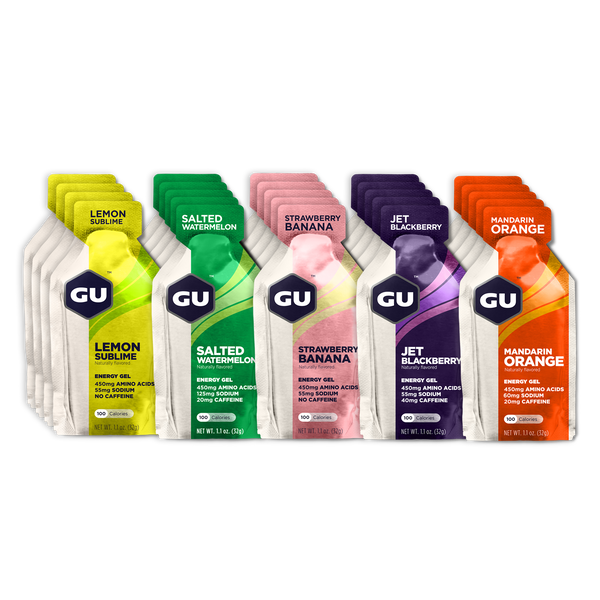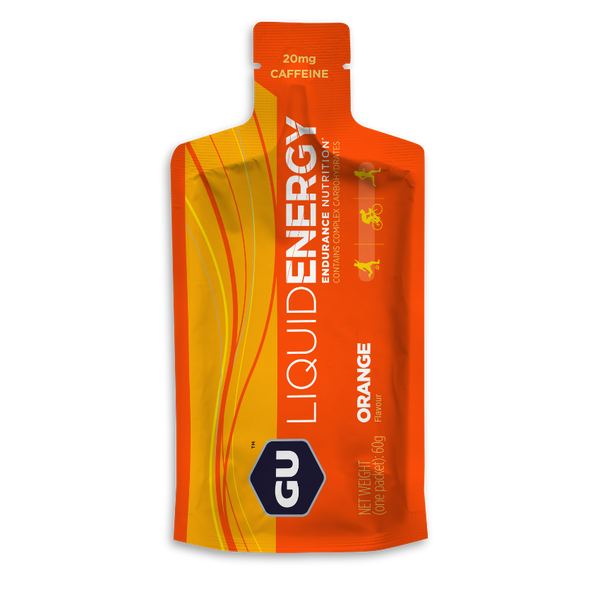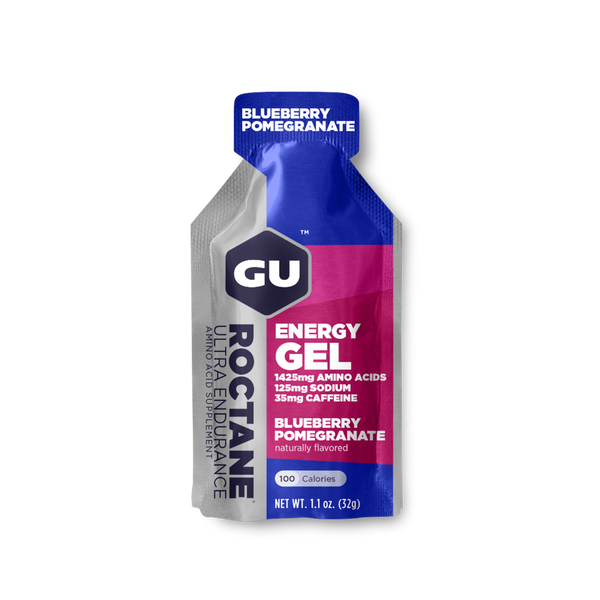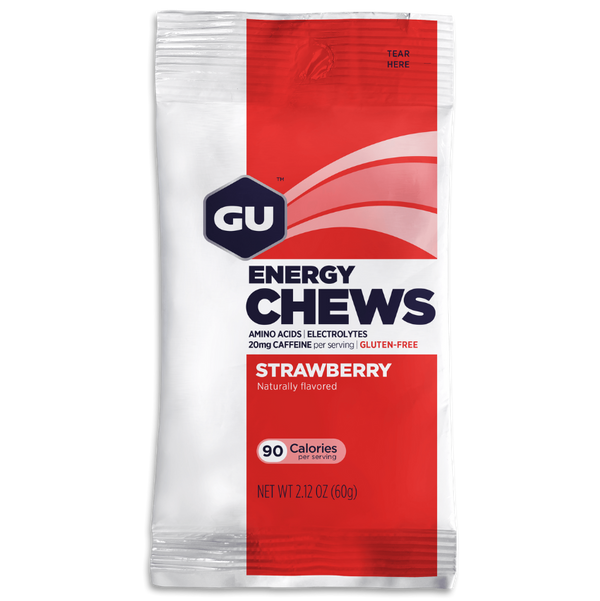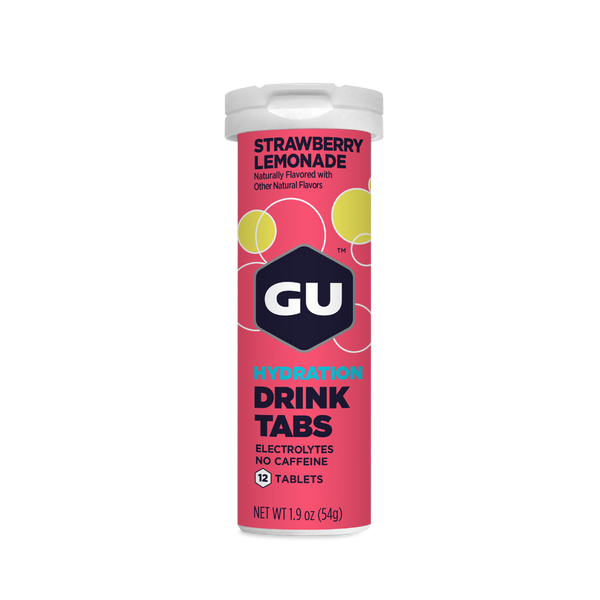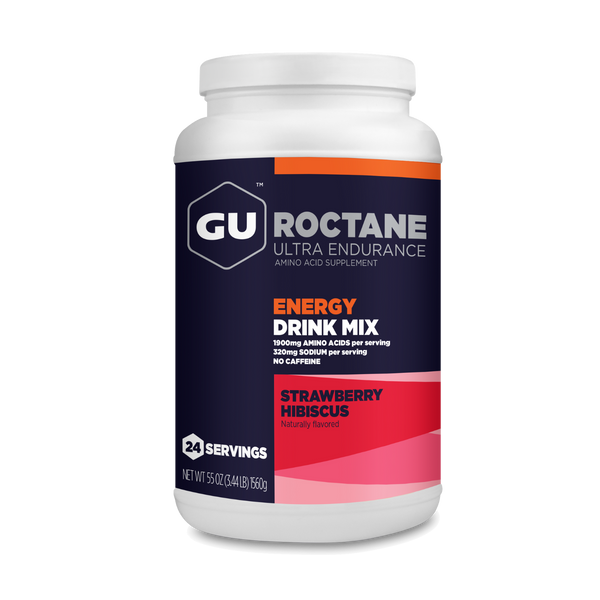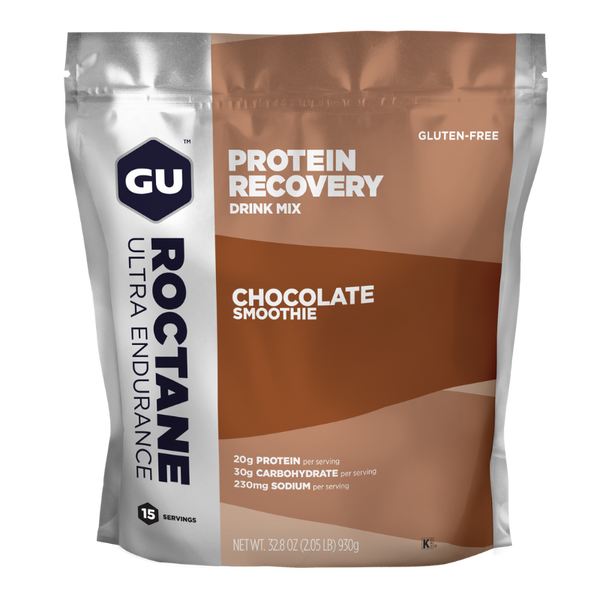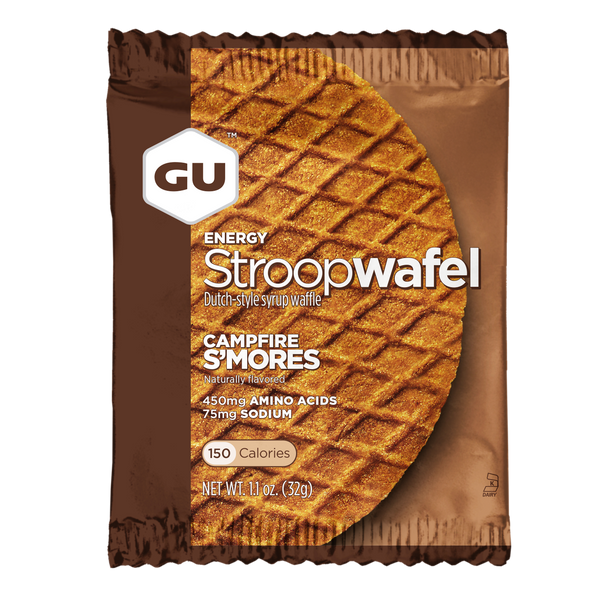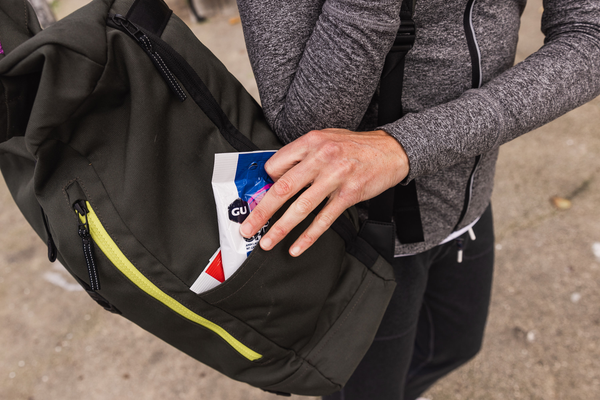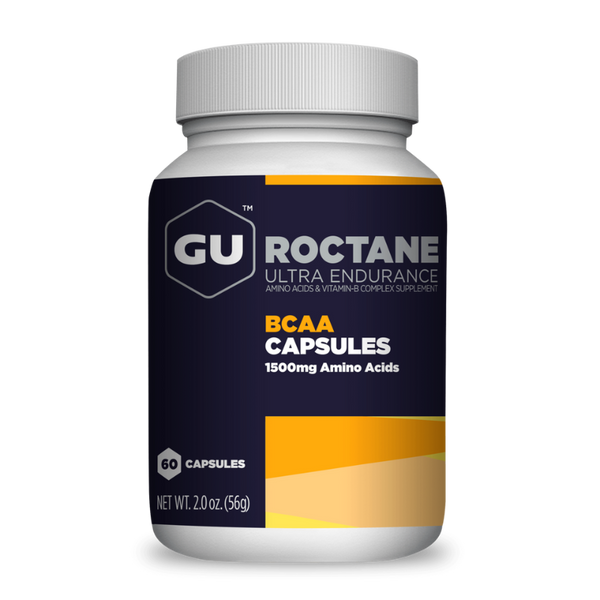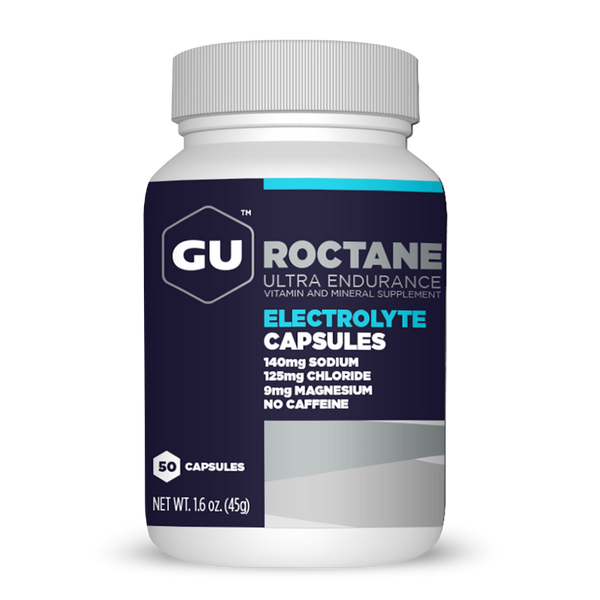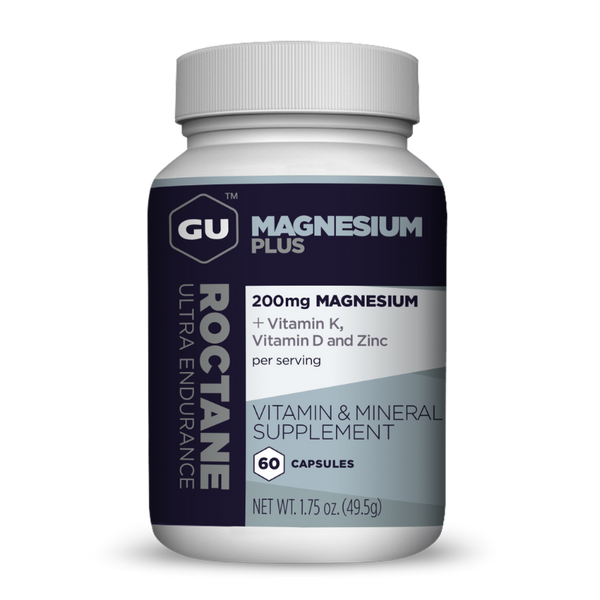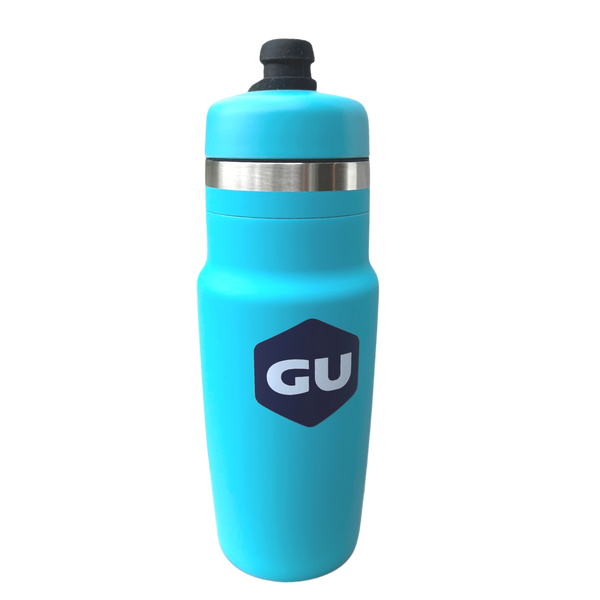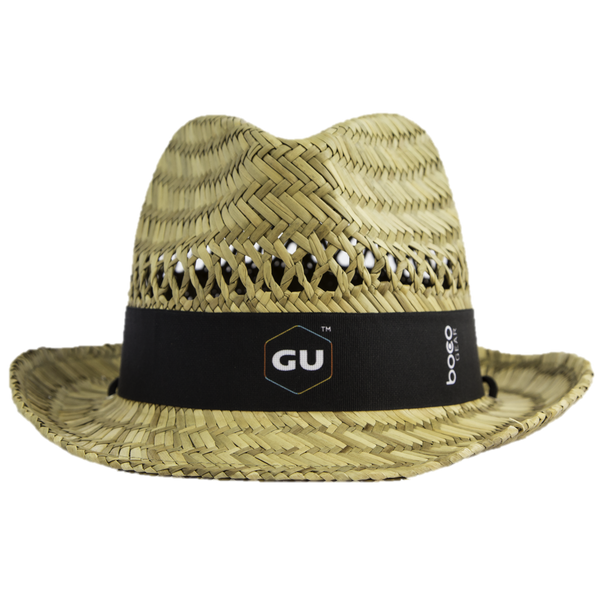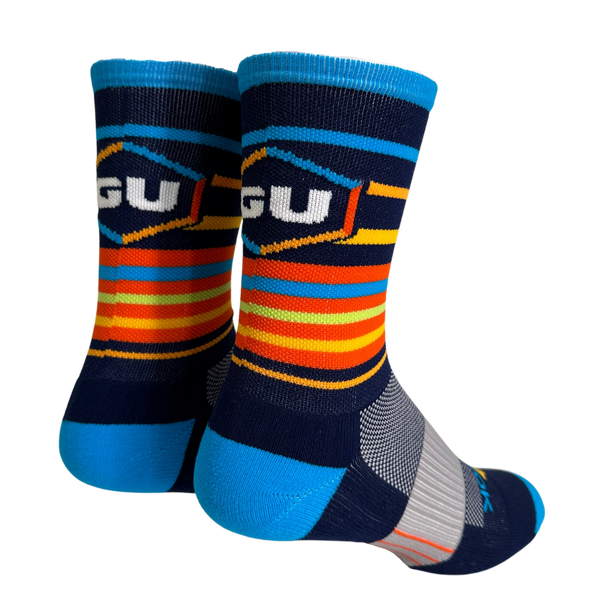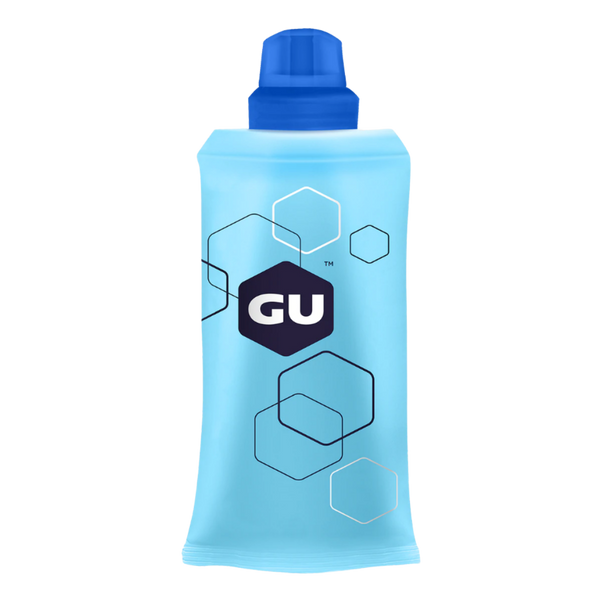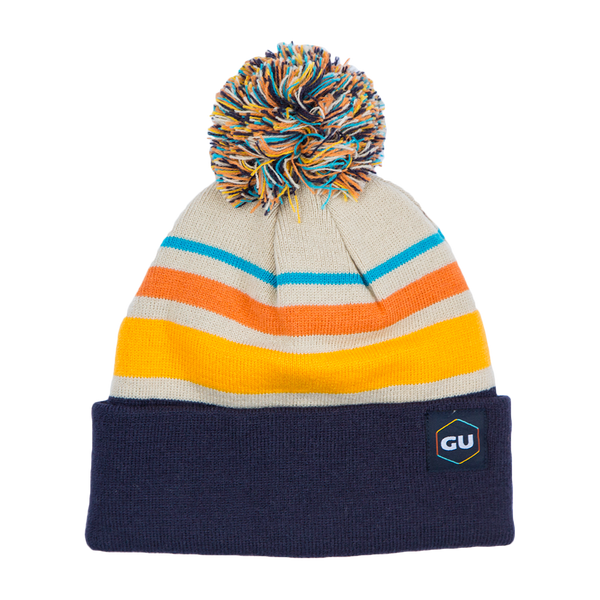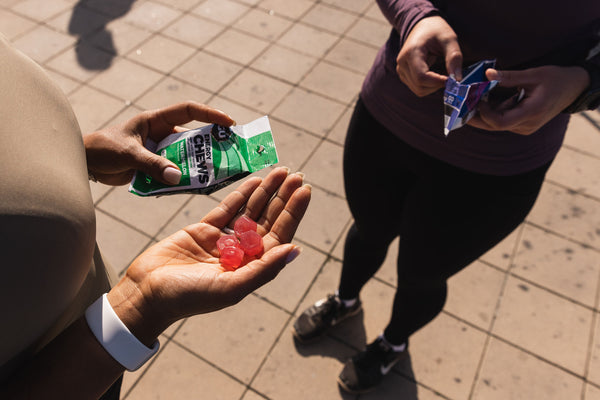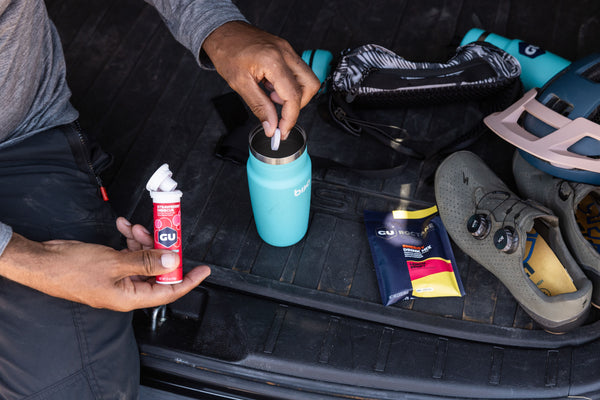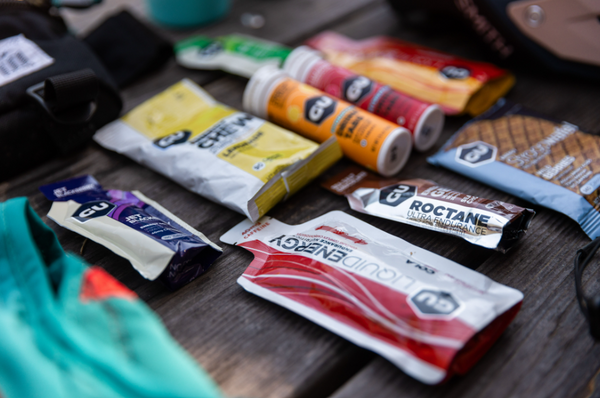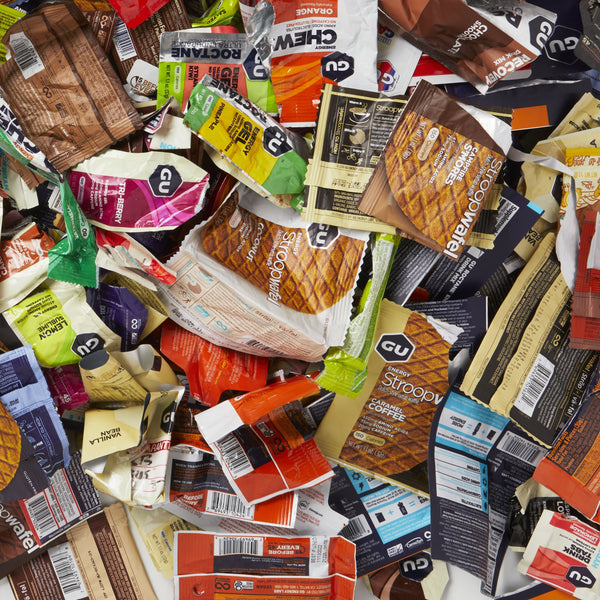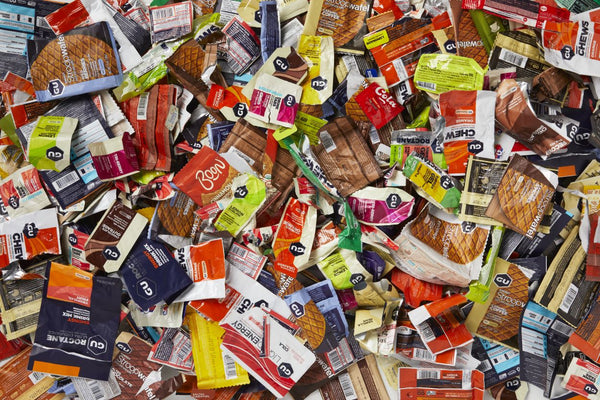Potassium is an essential nutrient found naturally in many foods that is required by every tissue of the human body for normal cell function. It is important for normal heart function, blood pressure regulation, muscle and nerve function, and is one of several electrolytes lost in sweat during exercise.
When you think of dietary sources of potassium, things like bananas, potatoes, and coconut water might immediately come to mind. Because we lose electrolytes in sweat, many electrolyte beverages contain potassium as well. For example, GU Hydration Tabs contain 55 mg of potassium per serving, an amount roughly equivalent to what you’d get from eating 1/8th of a medium banana. While priority is generally given to sodium in terms of electrolyte replenishment, what role does potassium play in hydration?
Sodium versus potassium
Sodium is present mainly in body fluids outside the cell and thus plays a major role in regulating blood plasma volume. Along with chloride, it is one of the two main electrolytes lost in sweat with concentrations varying widely between individuals, ranging from 400-1800 mg per liter of sweat. As a point of reference, the average athlete loses between 1-3 liters of sweat per hour of exercise.
While sodium is the main electrolyte present in extracellular fluid, potassium represents the main electrolyte inside the cell. Although potassium is also lost through sweat, concentrations are much lower than those of sodium (about 150-400 mg/L sweat) and the effect of exercise intensity on associated losses has been shown to be minimal. As a general guideline, you only need to replace about 1/7th the amount of potassium compared to sodium when it comes to replenishing sweat losses.
Why potassium bicarbonate?
In our GU Hydration Tabs, we use potassium bicarbonate as the preferred source of potassium, while other electrolyte supplements use potassium chloride. Chloride is also lost in sweat during exercise, but can have a salty, metallic taste, which is linked to the disagreeable taste of very high sodium chloride (salt) concentration in sports drinks. The partial replacement of chloride with different potassium forms such as bicarbonate improves the taste profile in hydration beverages. And, if it tastes good, you’re more likely to want to drink it!
Bottom line
Potassium is an electrolyte lost in sweat that should be replenished during and after exercise, but to a much lesser extent than sodium. Our GU Hydration Tabs provide 55 mg of potassium per serving (one tab), which is equivalent to about 1/8th of a banana. However, because sodium is the primary electrolyte lost in sweat, the amount provided in tabs is about 7x higher than potassium (320 mg sodium per tab). We use potassium bicarbonate for improved taste and to encourage the drive to hydrate.

